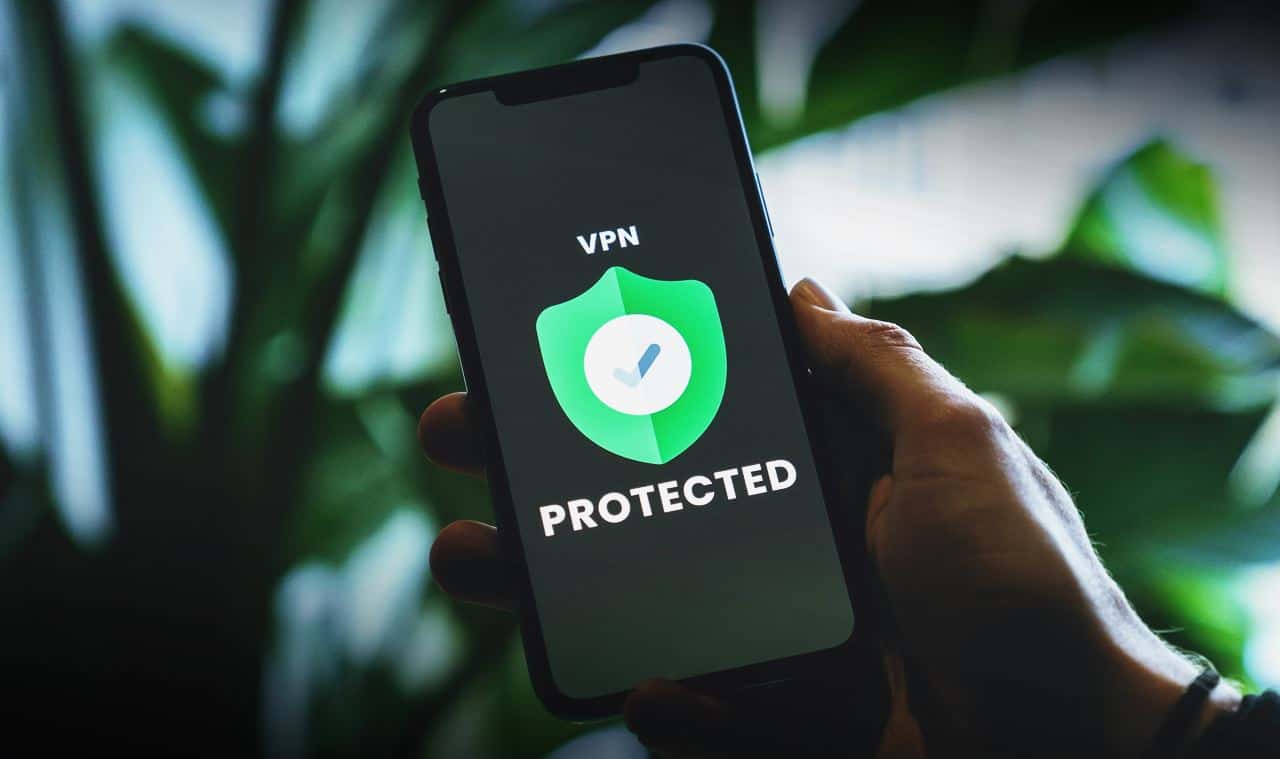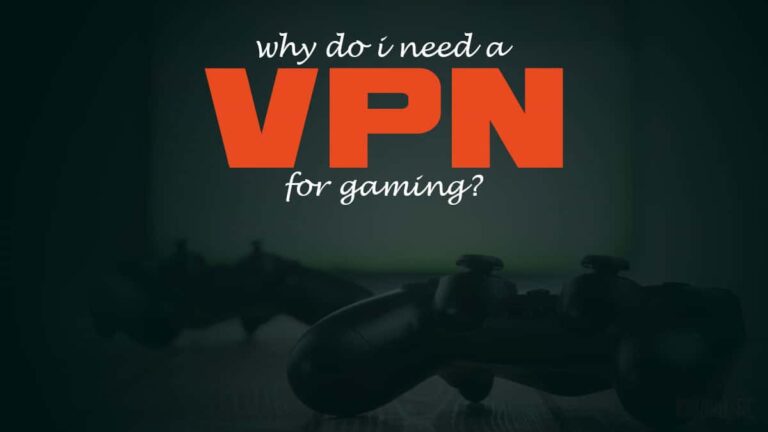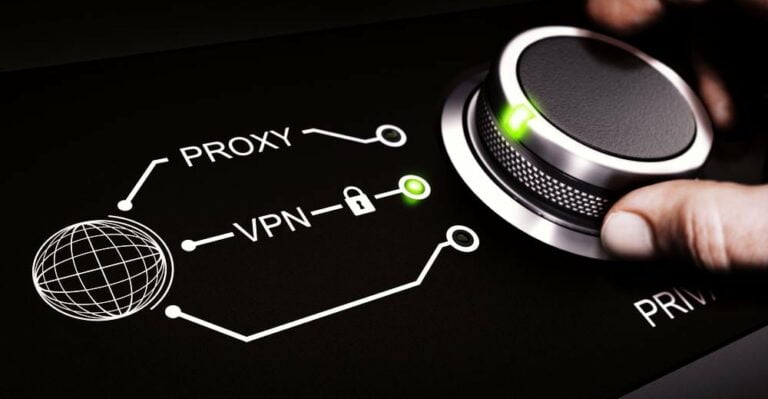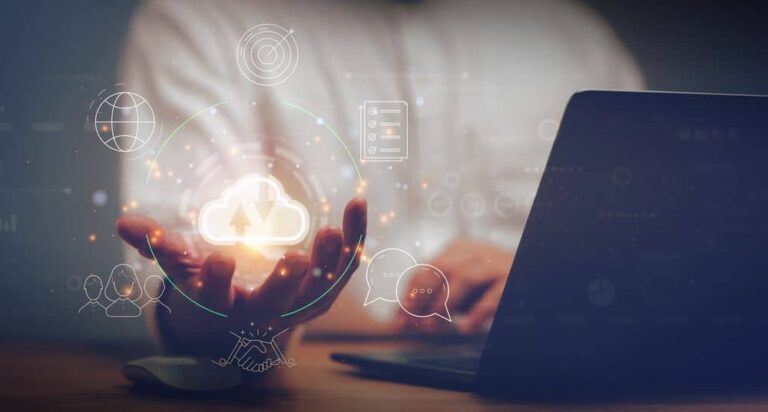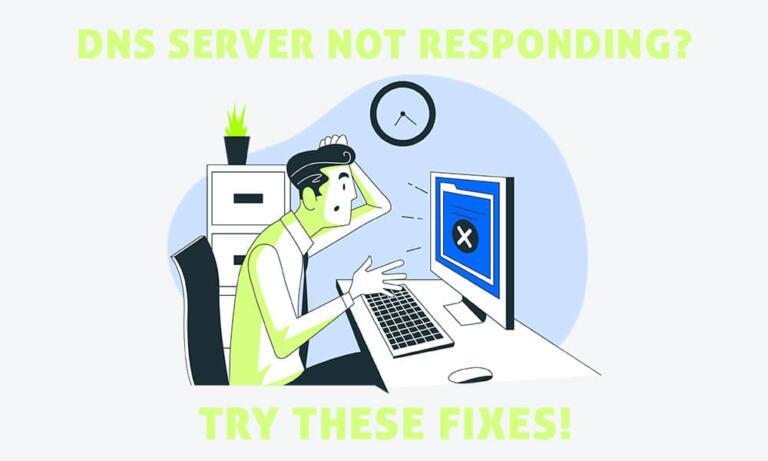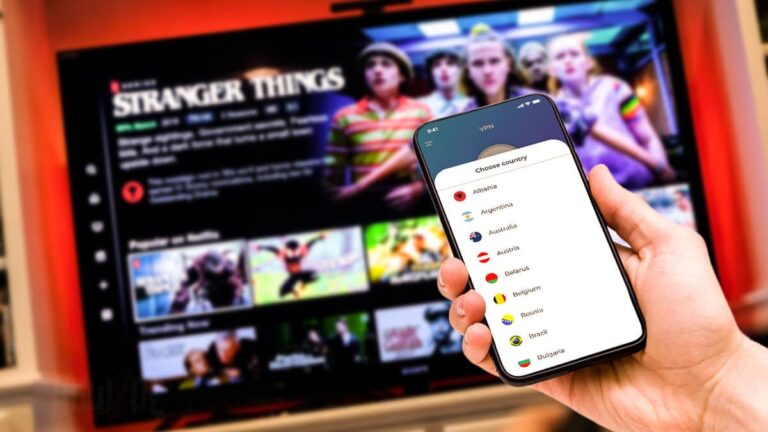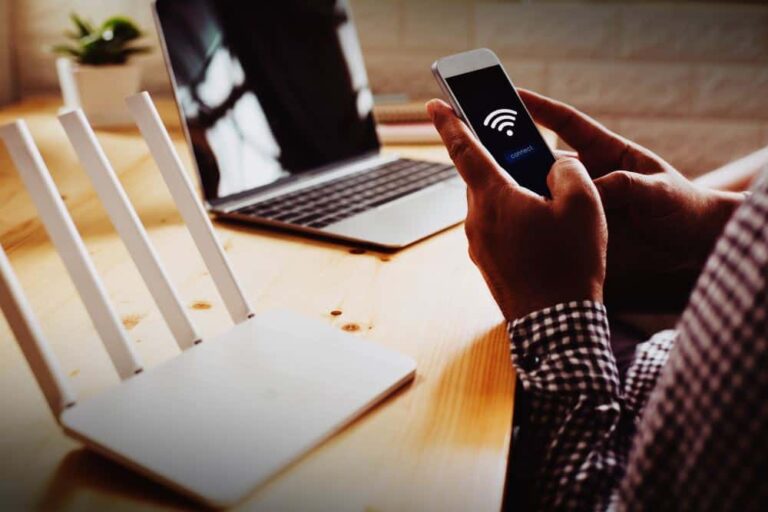A virtual private network sounds like a complex high-tech feature for average internet users, but that is not true. A VPN can be ideal for corporate and individuals. If you are a frequent traveler or a remote worker, you are highly likely to use unsecured public networks. Unless you stay secure and take the necessary steps, you might become the prime target of hackers while using such public networks.
VPN software helps you secure your data by encoding it and redirecting it via secure networks to servers in other countries. It also hides your gadget’s IP address. A virtual private network masks your online identity allowing you to browse anonymously and securely. Read on to understand why you should use a VPN on your computer.
1. Enhanced Security When Using Public WiFi
Public WiFi is one of the most convenient things you will come across, especially on the go. It keeps you busy in waiting areas and helps you keep in touch with family and friends and get updated on current affairs. However, it comes with various risks that a VPN can help you counter. Using a VPN secures your data using unsecure connections and masks your banking data, browsing history, and login details. VPNs also protect your gadgets from viruses and malware.
Some people often think that having enhanced security software installed in their smart devices will always protect them when they are connected to the public network. But to the honest, no matter which software you use, the hackers might get into your system by using a sophisticated method. Does that mean reinforcing the security protocol is just a waste of money? The absolute answer is NO. By doing so, you are making things extremely difficult for the hackers.
2. Protects Your Data from Your Internet Service Provider (ISP)
When using your home WiFi, you are not likely to suffer cyber-attacks as you would when using a public connection. However, your information will still be vulnerable. Did you know that your ISP can see and access your browsing activity? In fact, some of ISP can throttle down your bandwidth by assessing your usage. Just get the VPN and make sure you mask your IP. Leave no digital footprint on the internet and keep yourself safe.
Some ISPs collect your data and sell it to advertisers, even when browsing privately. To secure your data and hide your IP address from this type of breach, consider adopting a VPN. A virtual private network comes in handy to mask your browsing activity from your internet service provider. Did you know you can download VPN for Chrome free of charge? All you need is to access it from the Chrome store, add the extension, install the addon, and activate it. You can also get the premium version, but the free VPN works satisfactorily. One of the effective methods of ensuring that your ISP does not track your data and online activity is by encoding your internet traffic, and you can achieve this by using a VPN.
A VPN service redirects your traffic through a virtual private network server, encodes it, and modifies your actual internet protocol address to ensure your browsing activity is private. While your ISP will know when you are using a VPN connection, they won’t be able to see your activity.
3. Secures Your Data From Your Government
Many internet data centers, applications, and service providers claim they don’t reveal your browsing data to the government. However, somehow the government accesses the information, even in developed countries like the US. But things will be different when you hook yourself up with a VPN. This application will mask your digital identity and protect your information.
In 2013, Edward Snowden divulged Verizon was selling internet users’ phones and internet data to the NSA. Due to this information, many Americans now understand the government’s different methods to monitor and collect their information. After Snowden’s leaks and ensuing outrage, some laws were passed to control government surveillance. Still, the Defense Intelligence Agency recently diverted a phone privacy law. The law stated that government agencies should produce warrants before demanding user data from phone companies. As the New York Times reported, these agencies often pay third-party information brokers to access the same data.
If you have complaints about governments overextending their mandate, you can use VPN to secure your data. When using a VPN, your government will not know your online activities, IP address, or browsing history. The virtual private network will encode this data.
4. Data Security and Privacy for Remote Workers
A VPN encrypts your data, enabling you to maintain confidentiality. Are you an employer considering implementing VPN solutions in your company?
With a VPN, your staff can connect to the office network and access sensitive materials on their devices while on the go. In today’s world, where remote work is becoming popular, a VPN is a crucial investment for guaranteeing data privacy. Remember, hackers are everywhere across the internet, searching for a vulnerable chance to access and compromise your data. Ordinary security measures are no longer enough, especially for organizations working with remote employees. If one employee is hacked, you could lose confidential company information like customer data, financial records, and login details.
It’s crucial to enable your VPN to build a safe connection for your employees and cushion them from cybercriminals. Some company information is overly sensitive, and sharing it through an unsecured connection would not be ideal. Your staff can access local servers, IP addresses, and shared servers through a VPN.
5. Adaptable to Multiple Smart Devices
Besides using a VPN on a PC, you can also use it to protect your smart devices like tablets, phones, and also desktop computers. Each VPN provider offers varying protection plans and capabilities to secure various devices. Still, many VPN providers offer plans that protect you on various gadgets.
If you planning to secure your smart devices, you should focus on the top VPN service provider. Most of VPN service providers are offering special pricing when you have more than two devices. So, carefully select your plan before you install VPNs on multiple devices.
Conclusion
As technology evolves, cybercriminals are also advancing their attack strategies. You must adopt a VPN to secure your data and protect your online identity. You might be thinking that using the VPN might slow down the internet connection, but it’s not true. If you get the VPN from the premium service provider, you should be able to enjoy the provided bandwidth from your ISP in a secured network.

